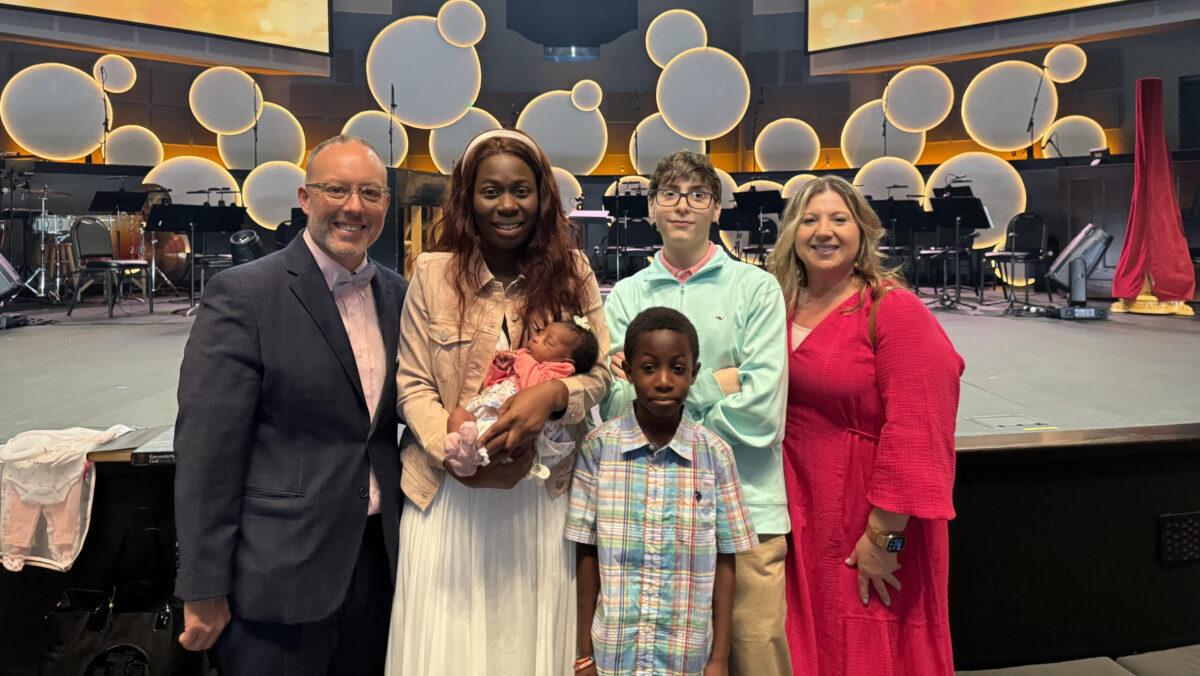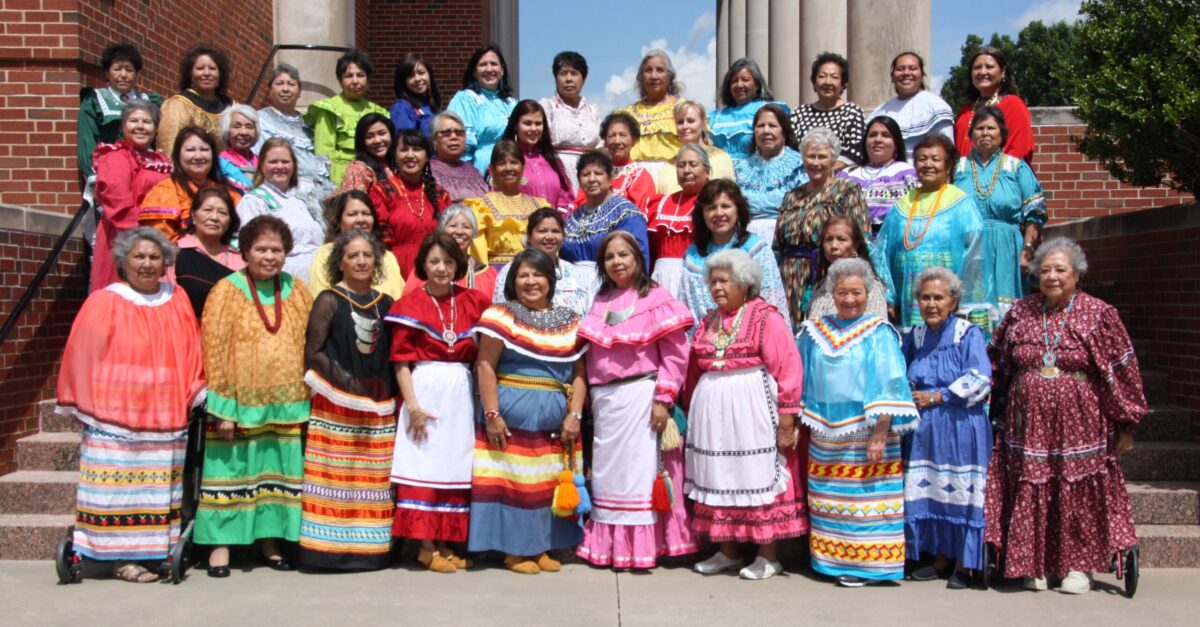Author and speaker Trillia Newbell, a former staff member at the Ethics & Religious Liberty Commission, said religious squabbles, which could easily surface at the upcoming annual meeting, raise a perplexing question:
How do Southern Baptists tell the outside world about the love of Jesus if they’re not exhibiting such love to one another?
“What is so strange to me is people believe that by fighting, they are being faithful,” said Newbell. “It’s hard to convince someone that they may need to be slow to speak and to tame their tongue if they think they’re right. And if they think they’re fighting for Jesus.”
Speaking to Executive Committee members in February 2021, EC President Ronnie Floyd acknowledged, “There is a sound of war in the camp [the SBC].” He called on EC members to “lead the way in helping create a Bible-based, Christ-centered and Spirit-controlled culture in the SBC.”
Thom Rainer, a longtime Southern Baptist leader, said the challenges facing the SBC are common to many denominations built and held together by shared doctrine, mission, culture and geography.
“What is happening in the SBC is that we’re seeing a fraying of all of those ties,” he said.
Shared church culture
With fewer resources and a changing culture outside the church, Christians of all stripes are fighting over how to apply their doctrines and how to spend their money, Rainer said. They no longer have a shared church culture — they don’t sing the same songs or study the same books or worship in the same way.
The general turmoil in American culture has also affected Southern Baptists, said historian Nathan Finn, dean of the faculty at North Greenville University in South Carolina. Baptists might agree on theology and church practice and even be extremely conservative and still be divided about discussions of politics, race and gender, Finn said.
Those fault lines have made it harder for Southern Baptists to cooperate in funding national and international ministry through the Cooperative Program. With no strong central authority, the sharing of resources is based largely on trust.
“Where there is a lack of trust, there is a lack of commitment to cooperative missions and thus, the Cooperative Program,” said Finn.
The CP has had its share of ups and downs over the past dozen years or so. It surpassed the $500 million goal for five consecutive years, 2005–2008, hitting $541.9 million in 2008, but the Great Recession prefaced a decrease in CP offering receipts in 2009 to $495.2 million and 2020 CP offering receipts of $467 million, a decline of of almost $75 million from its high in 2008.
Still, some Southern Baptist leaders applaud the 2020 CP receipts collected in the midst of economic uncertainty and volatility caused by the pandemic.
Is lack of trust the real culprit behind the CP decline over the past few years?
In his statement to EC members in February, Floyd seemed to own at least some responsibility on behalf of EC for the CP decline, saying, “We are not engaging our churches effectively. We are not communicating with our churches effectively. We are not sharing and living a consistent message of who we are with the churches because we keep walking on our own message. We are not providing the churches with a concise and compelling Great Commission vision that will move them to support it.”
But “help is on the way,” he promised.
Southern Baptists also struggle with consensus on the Baptist Faith and Message, the denominational statement of faith first adopted in 1925. Finn summed up their approach this way: “Within the SBC, how do we work the broadest consensus possible, even if that means there might be some people in the consensus who make some of us nervous?”
Other Southern Baptists, he said, “want to clarify the differences.” These Baptists might not want to kick out everyone they disagree with but want to limit who is able to “drive the bus,” as Finn put it.
“The question really is, what are you willing to tolerate for the sake of cooperation?” he said.
(Compiled from reports by TAB Media, Religion News Service and other wire services)








